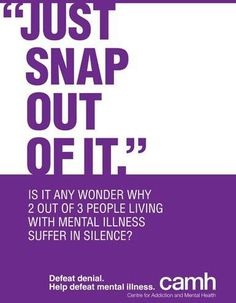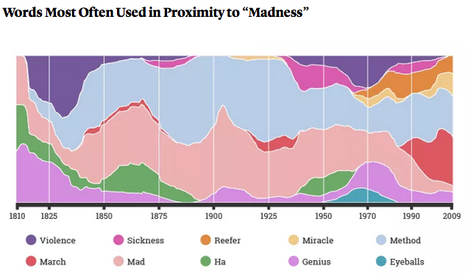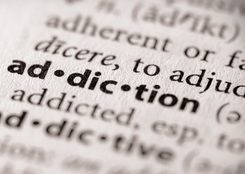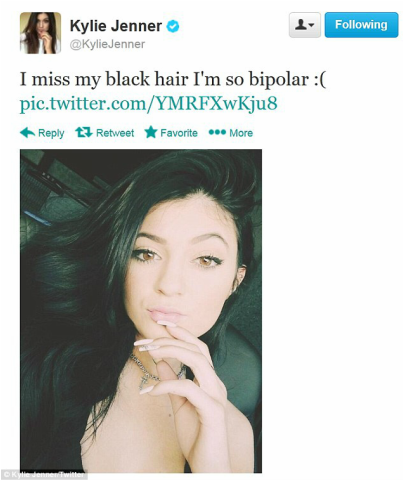
"Lillian finally told me that the in-patient doctor had quipped, "You're on too much medication." The doctor hadn't elaborated on what she meant by "too much," nor did she call me or Lillian's GP to ask for the treatment rationale or to express concern.
It was just a passing comment, but those words powerfully undermined Lillian's confidence and stirred up her long-held fear that her illness was a weakness or personal failure.
She thought that she should be able to get over it on her own and she shouldn't need to rely on medications. She feared that medications might be causing more harm than good, even though she felt better."
For the full article, click here: http://www.huffingtonpost.ca/diane-mcintosh/mental-illness-stigma_b_9312252.html



 RSS Feed
RSS Feed
